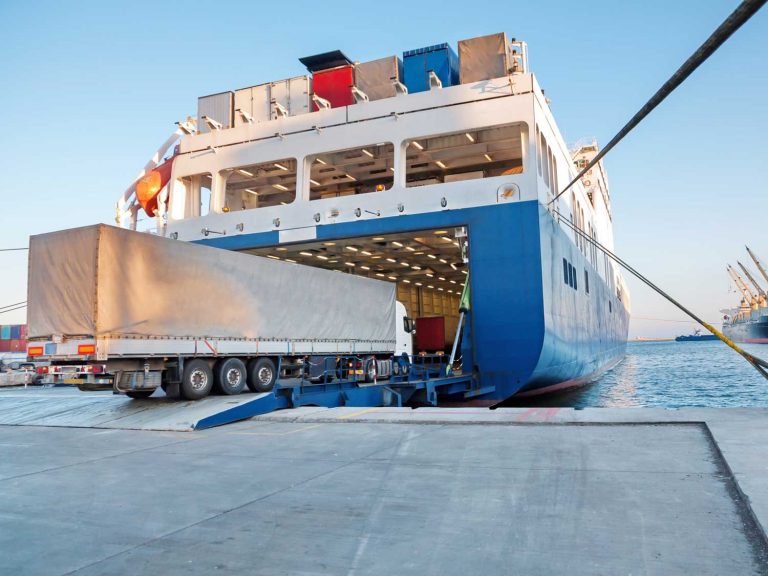
Date:
Metro switch to new EU freight operations
Expectation of congestion at the UK’s primary Channel ports and the reluctance of foreign drivers to come to the UK, if their return journey was uncertain, prompted our preparation of alternative new RoRo and short-sea solutions.
Before the UK joined the European Union less than half our continental imports moved through Dover, with the bulk of inbound and outbound European cargo moving through regional ports, with a significant proportion of unaccompanied traffic.
In preparing our post-Brexit transition operational plans and in particular, the fear of potential congestion at Dover, with the risk of a shortage of truck drivers, we re-assessed transport models including route to market and gateway ports, to identify different shipping methods, modes and routes, in order to preserve our customers’ supply chains.
Short sea container shipping is a smart, efficient and cost efficient alternative to standard overland services, with literally hundreds of port pair, service and rate options.
Many of our biggest volume shippers and manufacturers are advocates of short sea services, because they like the additional opportunities it provides over traditional road transport, such as access to the rail network and even inland waterways. In addition you have flexibility to schedule the final mile delivery into your warehouse when you have a requirement and do not have to take a ‘live load’ from a trailer arriving on site that has transited from Europe, or been arranged to collect export movements.
Brexit and COVID have had a profound impact on long-distance road routes that can, in many cases transfer to new longer-distance sea routes, which combine with short collection and delivery legs, often shipping as unaccompanied.
With 40 commercial ports in the UK and hundreds across continental Europe, offering a blend of feeder, short sea, RoRo and unaccompanied services, there are myriad options to suit every supply chain requirement. These continue to expand with, as an example Felixstowe port, which has traditionally been a container gateway, now operating scheduled services.
Since the 1st January we have moved over 200 vehicles on unaccompanied RoRo vessels, instead of road freight, favouring quieter regional ports, including Bristol, Southampton and Tilbury to/from Zeebrugge, Antwerp and LeHavre.
Further, delays at the border due to additional border and customs formalities, including COVID testing of drivers, will start to have a long term effect on the operating costs of driver accompanied operators. We are already seeing a reluctance of drivers to come to the UK start to impact rates.
We would encourage European shippers with regular volumes to consider alternatives to driver-accompanied services and benefit from the cost, reliability and regularity they offer.
Please contact your Metro account manager for further details and to discuss your current and future logistics platform with the EU – there are increasing options available that should be considered !
